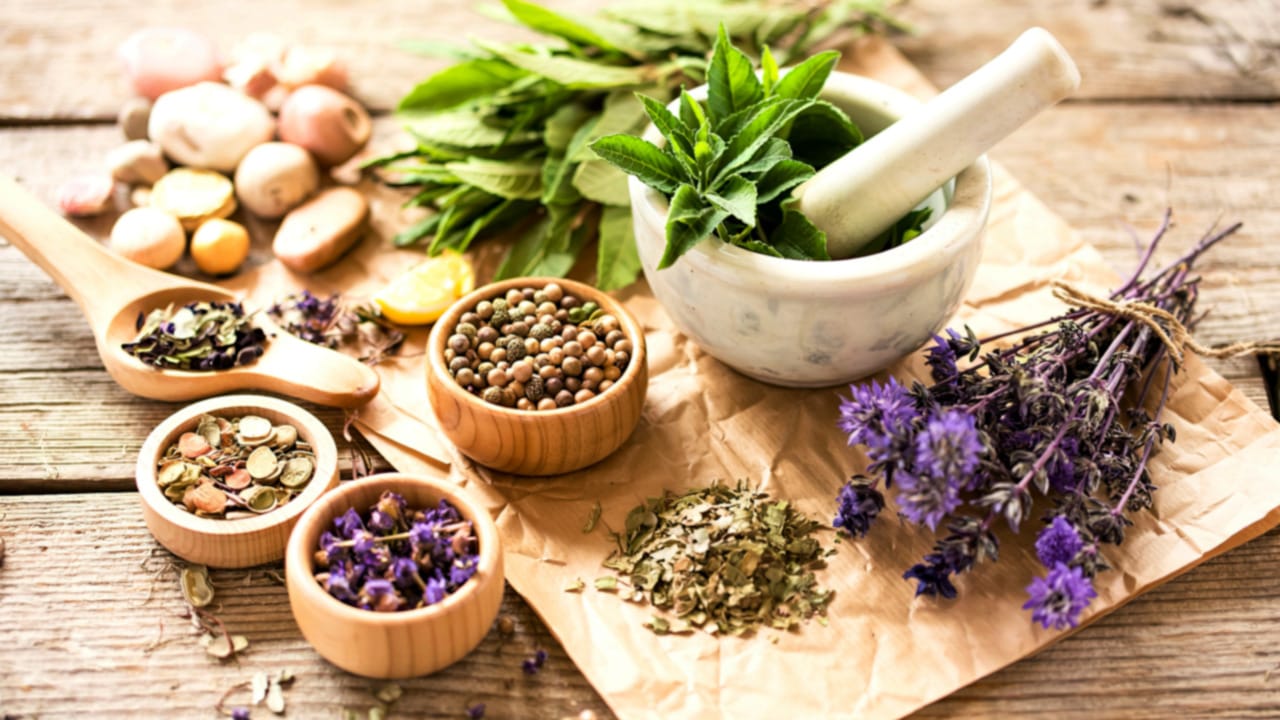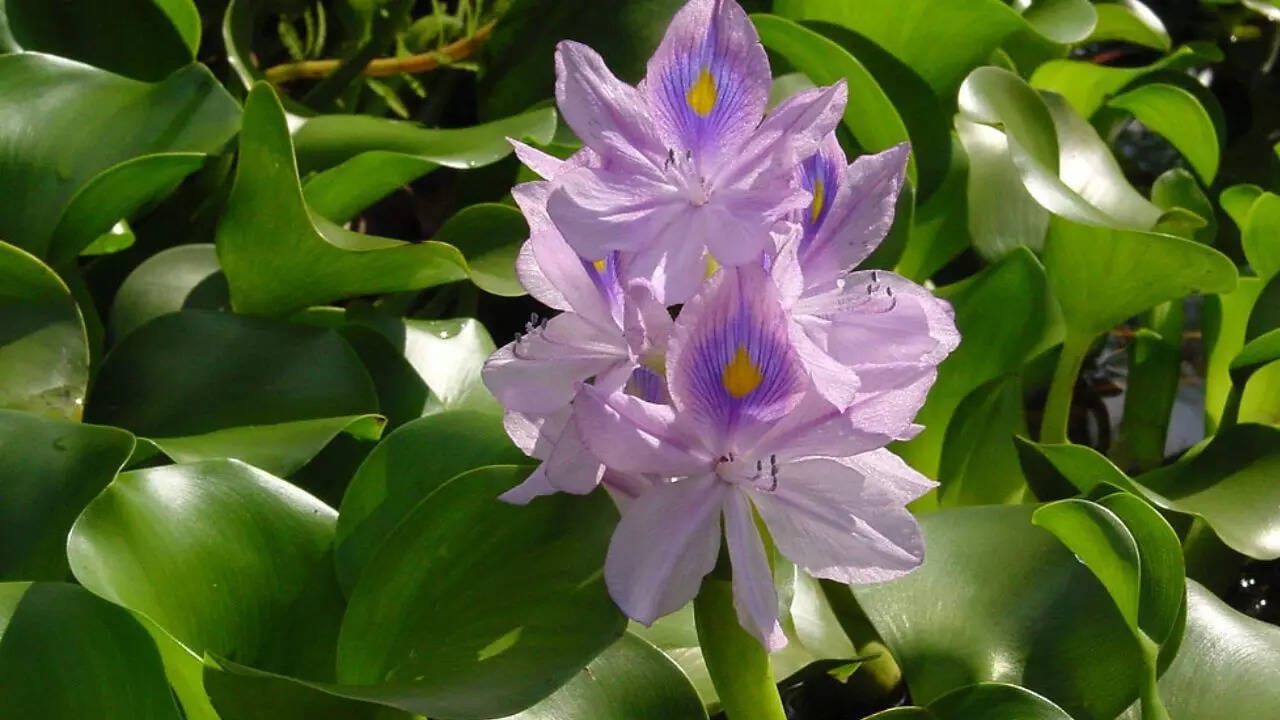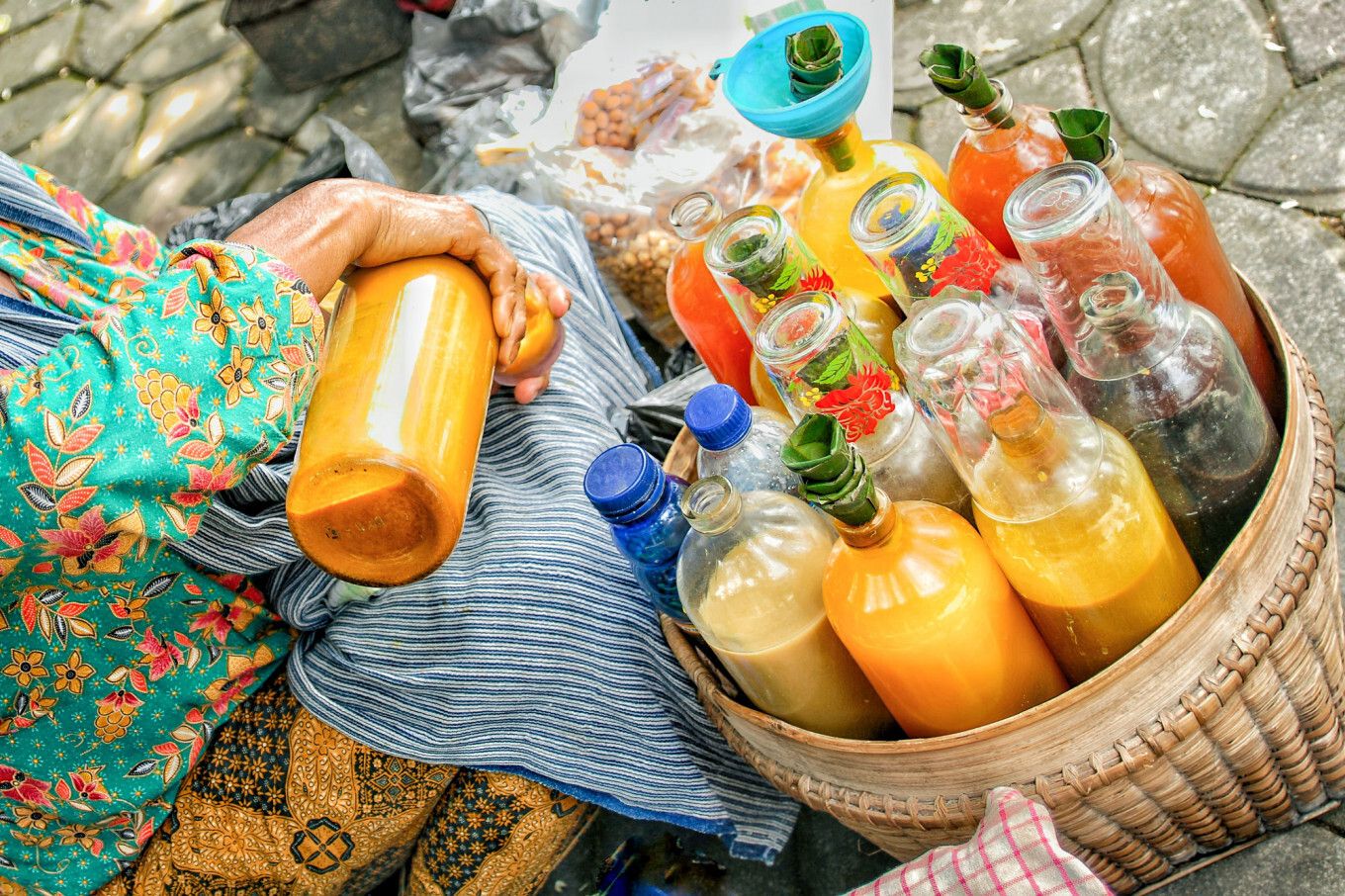- EARTH TO AILMENT
- Posts
- Earth To Ailment #73
Earth To Ailment #73


Discover the power of nature! This engaging article highlights eight herbs that may support thyroid health—an essential aspect of overall well-being. While no herb can replace thyroid hormones, certain natural remedies like ashwagandha, ginger, and black cumin show promise in aiding thyroid function, potentially helping those with conditions like hypothyroidism and hyperthyroidism.
Each herb comes with its unique benefits, from boosting metabolism to reducing inflammation, but it's essential to approach these natural treatments with caution and seek medical advice before incorporating them into your routine. With millions affected by thyroid disorders globally, understanding these herbal options could be a game-changer for thyroid health.
Discover the fascinating world of Traditional & Kampo Medicine, a peer-reviewed journal that dives deep into the science and applications of ancient healing practices. Co-edited by experts Shin Takayama and Yoshiaki Amakura, this platform publishes cutting-edge research on traditional and Kampo medicine—Japan's unique herbal remedy system rooted in Chinese traditions.
Featuring articles on pharmacology, clinical applications, and natural medicines, the journal welcomes contributions from researchers worldwide. With accessible content and a commitment to rigor, it serves as a vital resource for scholars and practitioners alike.
Explore recent studies investigating Kampo treatments' effects on labor, neuropathic pain, and more.


Looking for natural ways to rev up your libido? Check out these nine effective Viagra alternatives that could enhance your sexual health without the side effects! Explore the benefits of herbal powerhouses like maca root, known for boosting sexual desire, and tribulus, which has been used for centuries to combat impotence. Oatstraw and fenugreek offer calming properties and hormone support, while ginkgo biloba and ginseng may improve circulation and performance.
Plus, don’t miss the aphrodisiac magic of saffron and epimedium extract ("horny goat weed"). Each of these natural remedies brings unique benefits for both men and women.

India's rich tradition of medicinal plants, known as "vanaspati," faces significant threats from urbanization and deforestation, jeopardizing the country’s herbal wealth. Leading the charge in conservation, Patanjali Ayurved is revitalizing this culture with initiatives like the World Herbal Forest in Haryana, aimed at cultivating over 25,000 varieties of medicinal plants.
This sprawling 1,000-acre forest promotes biodiversity, sustainable livelihoods, and the revival of Ayurveda's age-old healing practices. By engaging local communities and establishing herbal gardens across the country, Patanjali’s efforts not only protect endangered species but also empower farmers economically.
The restoration of medicinal forests offers health benefits, preserves ecological balance, and serves as a natural research hub. However, success hinges on collective action from stakeholders, targeting illegal logging, enhancing cultivation techniques, and integrating modern science with traditional knowledge.
This movement seeks to reconnect India with its unparalleled herbal heritage, promising a healthier and more sustainable future.

Water hyacinth, often labeled the "Terror of Bengal," presents a captivating contradiction. While this invasive plant wreaks havoc on freshwater ecosystems—threatening aquatic life and disrupting human activities—its potential as a natural remedy is equally significant.
Revered in Ayurveda, water hyacinth is laden with nutrients, including potassium, which is beneficial for heart health and hypertension management. It boasts antibacterial, antioxidant, and anti-inflammatory properties that can support overall wellness and combat chronic diseases.
Despite its destructive nature, the plant's healing attributes call for a reevaluation of its role in both ecology and health. Balancing its invasive tendencies with its remarkable nutritional secrets opens the door for sustainable use—transforming this notorious weed into a valuable asset for human wellbeing.
Thus, water hyacinth serves as a reminder of nature's ability to surprise us, harboring hidden treasures beneath its chaotic facade.

As Diwali approaches, the excitement of festivities can often clash with our health goals, especially concerning our hearts! The Times of India highlights five delicious yet potentially heart-unfriendly treats to watch out for this festive season. Deep-fried sweets like gulab jamun and jalebi might be tempting, but they pack in excessive sugars and calories, stressing your cardiovascular system.
The same goes for crunchy snacks like namkeens, which are often loaded with salt, increasing blood pressure. Bakery items, masquerading as healthier options, can also be sugar bombs.
To enjoy Diwali without compromising your heart health, moderation is key. Opt for sweets made with jaggery or dry fruits, and consider healthier snack alternatives like air-fried goodies.

Explore the fascinating world of medicinal plants, where nature meets ancient wisdom! From prehistoric times to modern pharmacology, these botanical wonders have been utilized for their healing properties. Ancient civilizations, like those in Sumer and Egypt, documented thousands of plant-based remedies, setting the stage for today's herbal practices.
Chemical analysis has revealed powerful compounds in plants, leading to the development of drugs like aspirin and quinine. Yet, while herbal remedies are a lifeline for billions worldwide, the burgeoning market faces challenges, including lack of regulation and sustainability threats.
The World Health Organization advocates for safe and effective use of these natural medicines, emphasizing their vital role in global health. As we reconnect with this rich herbal heritage, the balance between tradition and modern science becomes ever more crucial.

Discover the magical world of jamu, Indonesia’s traditional herbal drink, that’s making waves in modern wellness! This ancient elixir, crafted from roots, spices, and time-honored recipes, is not only a cultural gem but also a powerful natural remedy. Amidst a global health landscape filled with trendy imports, jamu stands as a proud testament to the rich heritage of Indonesian healing traditions.
With over 15,000 unique recipes, it caters to a spectrum of ailments, from beauty elixirs to immune boosters.
Celebrated for its holistic approach to wellness, jamu is enjoying a renaissance as consumers gravitate towards natural solutions.
Recognized by UNESCO, this vibrant liquid reminds us of the strength found in our roots. Whether enjoyed from a street vendor or in chic cafes, jamu embodies Indonesia's spirit, proving that authentic traditions can thrive amidst modernity.